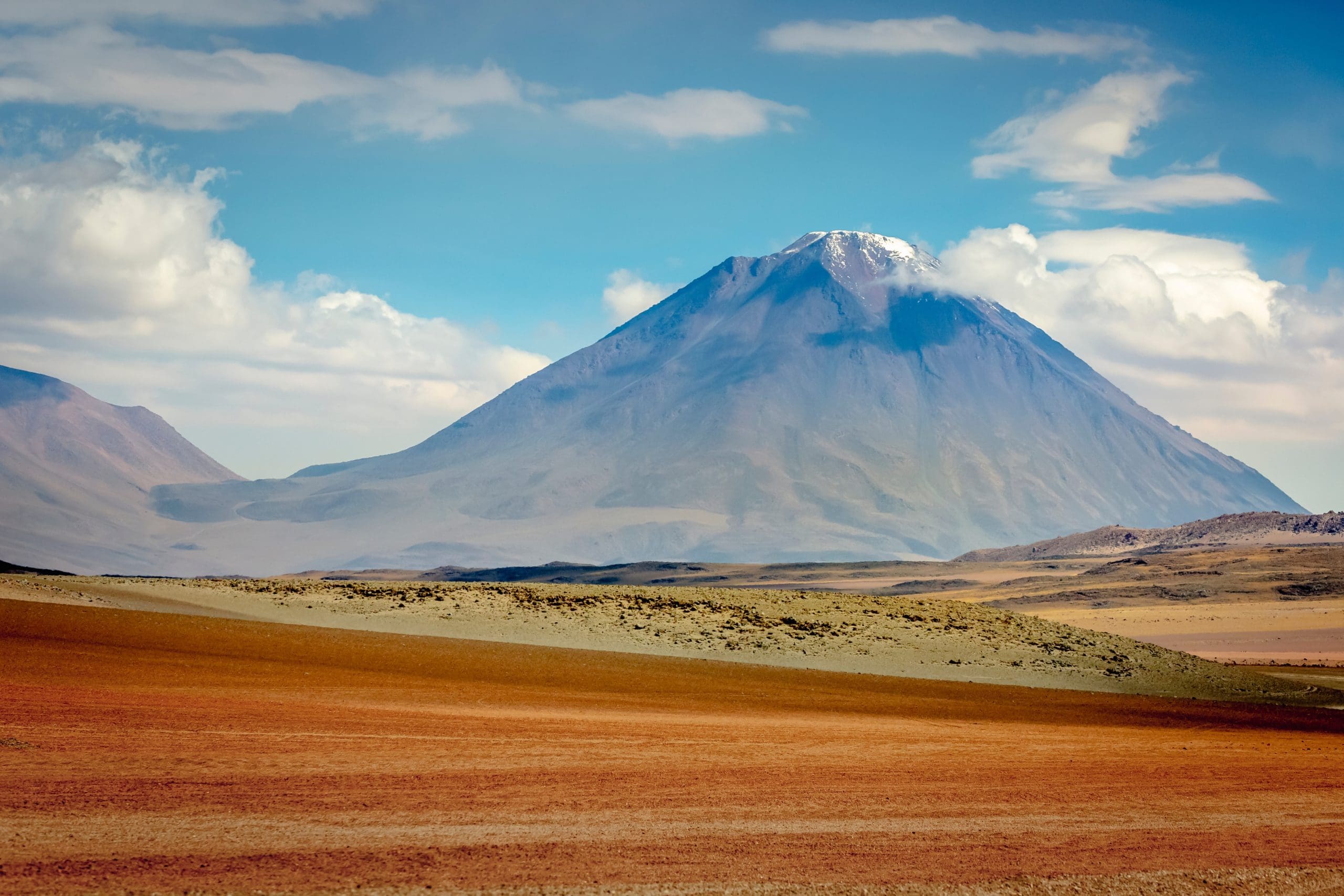Menu
Santiago, the Lakes & Patagonia is a region located in southern Chile and Argentina known for its stunning natural beauty and outdoor adventure opportunities.
The region is home to a number of national parks and protected areas, including the Torres del Paine National Park in Chile, which is known for its breathtaking landscapes and outdoor adventure opportunities. The park is home to a range of plant and animal life, including guanacos, pumas, and flamingos, and is a popular destination for hiking, climbing, and horseback riding.

The region is also home to a number of lakes, including Lake Llanquihue, a large lake located in the Andes Mountains, and Lake Nahuel Huapi, a beautiful lake located in Argentina. Both of these lakes are popular destinations for a range of water-based activities, such as boating, fishing, and swimming.
The region is also home to a number of ski resorts, including Cerro Catedral, a popular ski resort located in Argentina. The resorts offer a range of winter sports activities, including skiing, snowboarding, and snowshoeing.
There are many reasons why Santiago, the Lakes & Patagonia might be considered a must-visit destination, including:

One unique aspect of Santiago, the Lakes & Patagonia is its diverse range of landscapes, which include mountains, lakes, forests, and coastlines. The region is home to a number of national parks and protected areas, including the Torres del Paine National Park in Chile, which is known for its breathtaking landscapes and outdoor adventure opportunities. The park is home to a range of plant and animal life, including guanacos, pumas, and flamingos, and is a popular destination for hiking, climbing, and horseback riding.
Another unique aspect of the region is its rich cultural and historical heritage, which is reflected in its art, music, cuisine, and architecture. Santiago, the capital of Chile, is home to a number of cultural attractions, including museums, galleries, and historic landmarks. The region is also home to a number of indigenous communities, who have their own unique cultures and traditions.


